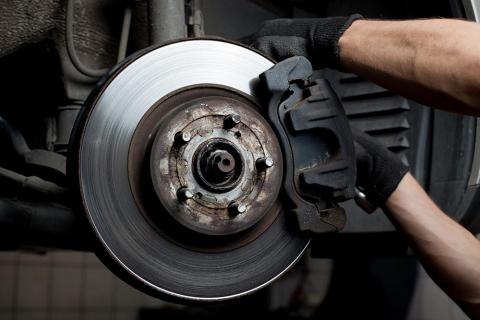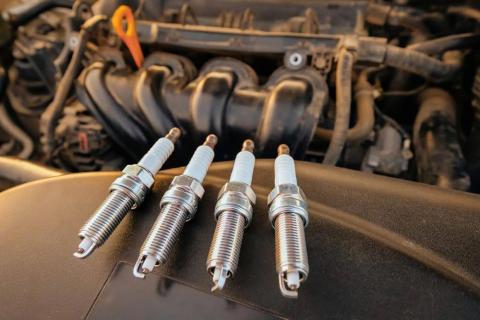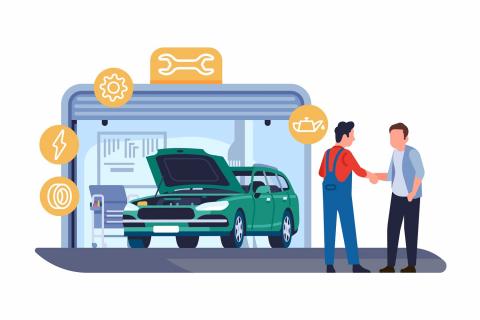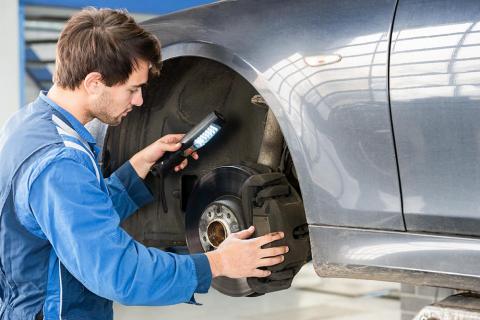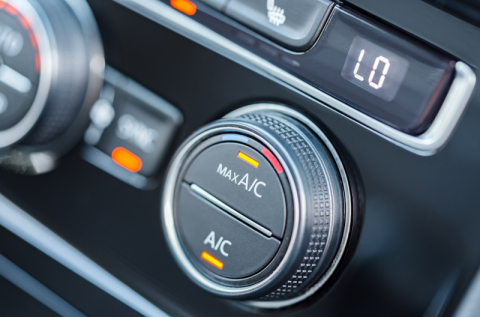What to Do When Your Check Engine Light Comes On
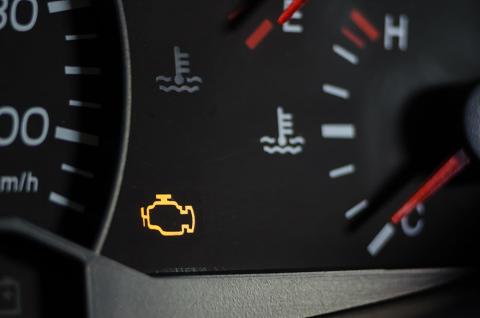
What to Do When Your Check Engine Light Comes On
You’re cruising down the highway, enjoying your day, when suddenly, that little light on your dashboard—the check engine light—flickers to life. It’s easy for your mind to race with thoughts of costly repairs or breakdowns, but before you get too worried, there are some simple steps you can take to figure out what’s going on.
What Does the Check Engine Light Mean?
Picture your car as a communicator. That light is its way of telling you something isn’t quite right. It doesn’t necessarily mean disaster is on the horizon. Sometimes, it’s something as small as a loose gas cap, but it could also signal an engine issue that needs attention. The key is not to ignore it.
Steps to Take When the Light Appears
1. Stay Calm and Don’t Ignore It
First and foremost, don’t hit the panic button. While it’s not always urgent, driving with that light on for too long can lead to bigger issues. It’s your car’s way of saying, "Hey, I need a little help here."
2. Check the Gas Cap
Believe it or not, one of the most common reasons that light comes on is because the gas cap is loose. If it’s not tightened properly, it can cause your car to think there’s a problem with its emissions system. Take a moment, check the cap, and make sure it’s screwed on nice and tight. After a few drives, if the light goes off, problem solved!
3. Listen to Your Car
Does your engine sound different? Are you noticing any strange smells or sluggish performance? If you’re picking up on unusual behaviors from your vehicle, it’s best to pull over and avoid driving further until you get it checked out. Sometimes, these signs accompany the check engine light and signal more serious issues.
4. Get a Diagnostic Reading
Many auto parts stores will offer free diagnostic readings, where they’ll plug in a scanner and retrieve the error code your car is reporting. This can give you a clue about the issue. However, these codes can be vague, so it’s wise to have a professional mechanic take a look to properly diagnose the problem.
5. Don’t Put Off Repairs
Even if your car seems to be running just fine, don’t make the mistake of ignoring the check engine light. Continuing to drive without addressing the issue could lead to more damage, which can mean higher repair costs down the road.
Time to Get It Checked
Once that check engine light is on, it’s a good idea to have your vehicle looked at as soon as possible. Our professional mechanics can dive into what’s really going on under the hood, giving you peace of mind and saving you from potential future headaches. Don’t let a small issue become a big one—take action now and keep your car in top shape.
When your car is trying to tell you something, it’s always best to listen. Give us a call to make an appointment today!

 Mon-Fri: 6:30am-4:00pm
Mon-Fri: 6:30am-4:00pm (316) 943-5283
(316) 943-5283 975 N West St, Wichita, KS 67203
975 N West St, Wichita, KS 67203


